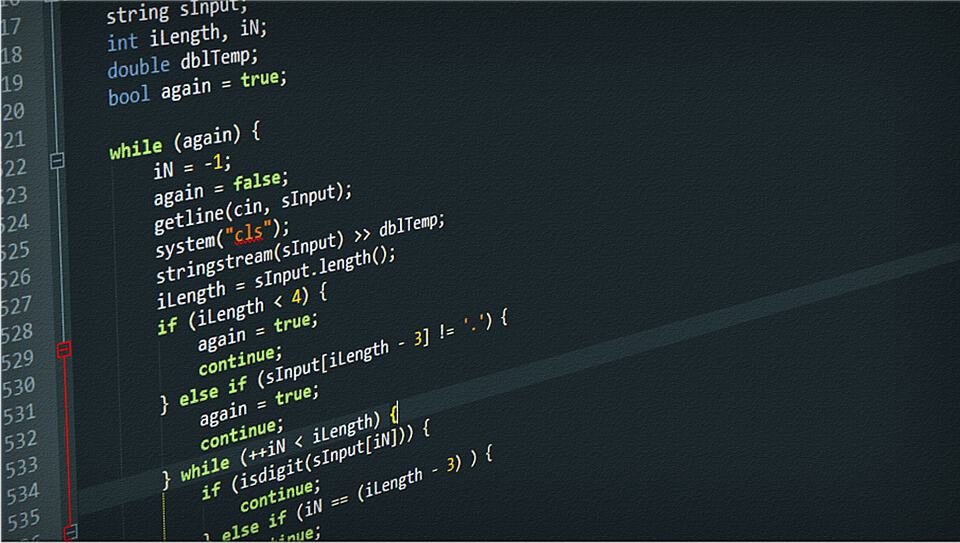What’s the most common problem developers face? Re-inventing the wheel! Sometimes, a developer is unaware of built-in features a particular language or framework offers. And what do RoR developers do in such a case? Right, he/she is starting to look for a solution. Usually such a solution is a lot of great but still redundant code. Forgetting or being unaware of some shortcuts isn’t a big deal. Let’s recap some of Ruby tricks that will make your life easier and code just awesome.
Regular expressions: how to get matches?
Regexp. No sweat! It looks scary but once you get to know how to deal with them, you’ll love regular expressions.
Usually, a match method is used. Here’s a simple example of how one does it in a traditional way. No rocket science, huh?
email = “John Smith <[email protected]>”
email.match(/<(.*?)>/)[1] # => “[email protected]”
However, there’s a simpler and cleaner way to do it with String#[]:
x = ‘this is a test’
x[/[aeiou].+?[aeiou]/] # => ‘is i’
At first it looks like a bit of magic, but it isn’t in fact. Do you love regular expressions now?
Array#join and how to use it efficiently
We all know that Array#* multiplies the array size when a number is passed to it. Quite simple. in fact.
[5, 6, 7] * 3 == [5, 6, 7, 5, 6, 7, 5, 6, 7]
However, we tend to forget that it can perform a join, provided that you pass a String as an argument. Whoa!
%w{hello world} * “, ” # => “hello, world”
h = { :name => “John”, :age => 30 }
h.map { |i| i * “=” } * “n” # => “age=30nname=John”
Decimal formatting
Processing data can be a daunting task, especially if you need it in a special format. Here’s a simple example how you can format a decimal number:
amount = 7.6
“%.2f” % amount # => “7.60”
Non-strings as hash keys
Well, yeah, it’s not common to use non-strings as hash keys. But for some reason you may need it. Is it possible? Of course. it is! Moreover, it’s often very convenient:
it = is = { true => ‘Yes’, false => ‘No’ }
it[20 == 60] # => “No”
is[20 > 6] # => “Yes”
Grouping operations for single liners
The below trick will make your code more elegant by removing unnecessary statements (if and unless):
run = []
%w{hello x moto}.each do |moto|
run << word and puts “Added to queue” unless word.length < 2
end
puts run.inspect
# Output:
# Added to queue
# Added to queue
# [“hello”, “moto”]
Special conditions: execute some code only if it is implicitly run:
if __FOLDER__ == $0
# TODO.. e.g. run tests
end
This is a very handy condition if you have many tests and want them to run only if your code is being implicitly invoked.

